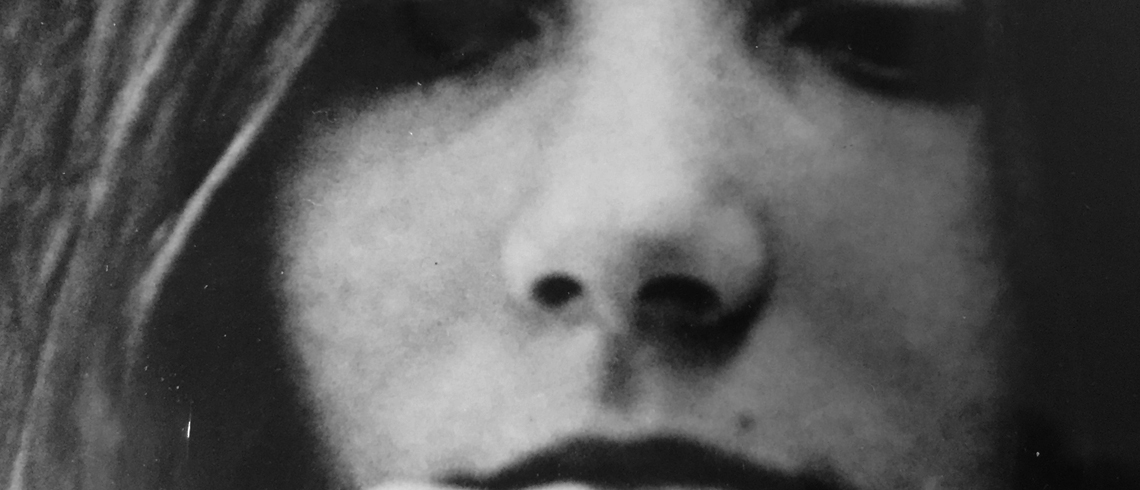 Autobiographical memories are the stories we tell ourselves, but they’re also a window into other people’s experiences. They’re one of the best ways we have to connect to one another, which is why they’re critical to the bonding process within relationships, families and communities. But what if one person desperately wants to forget, and the other person desperately wants to remember? That’s Rachel Stephenson’s story.
Autobiographical memories are the stories we tell ourselves, but they’re also a window into other people’s experiences. They’re one of the best ways we have to connect to one another, which is why they’re critical to the bonding process within relationships, families and communities. But what if one person desperately wants to forget, and the other person desperately wants to remember? That’s Rachel Stephenson’s story.
For children, the sharing of memories, good or bad, is critical for their development. Marshall Duke and Robyn Fivush, psychologists at Emory University’s Family Narratives Lab, created a “Do you know test,” for children, which asked questions from “Do you know where your grandparents grew up?” to “Do you know an illness or something terrible that happened in your family?” The researchers came to an overwhelming conclusion: The more children knew about their family’s history, the stronger their sense of control over their lives, the higher their self-esteem, and the more successfully they believed their families functioned.
Rachel Stephenson lost her mother three days after her fifth birthday. She’d been told her mother was sick, but years later she discovered the truth. Rachel’s story tracks the search for details of that fateful night her mother died and how her unexpected discovery ultimately brings her closer to her father.
Photos courtesy of Rachel Stephenson.
